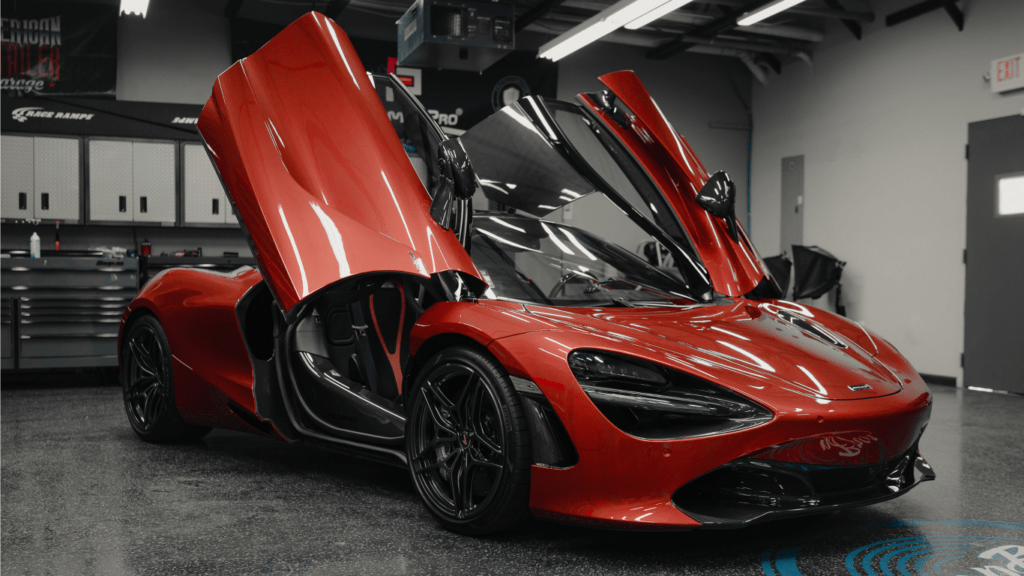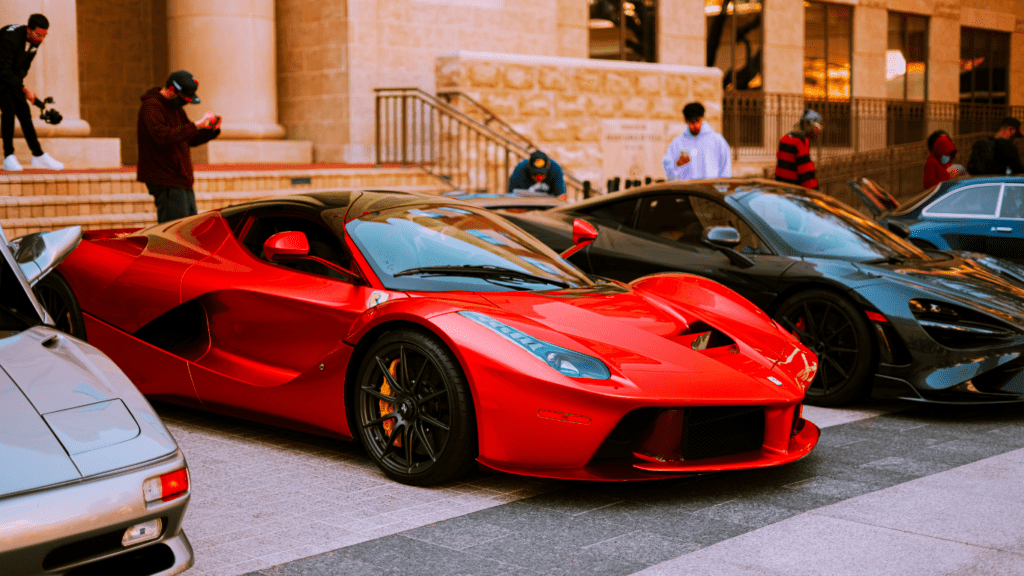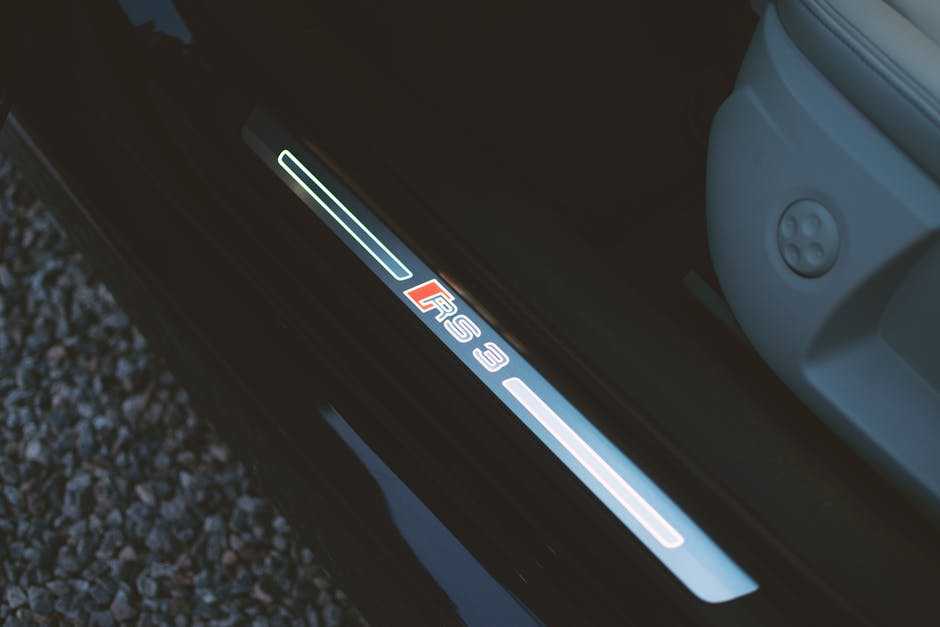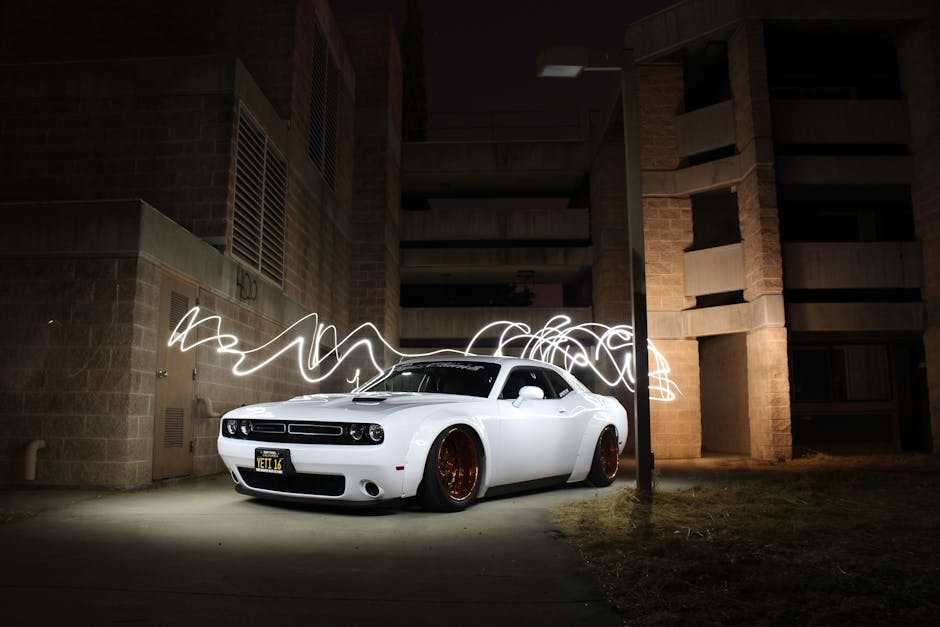Overview of the Luxury Car Market
The luxury car market is expanding rapidly. High-net-worth individuals are driving this growth, particularly in urban centers like Shanghai and Paris. According to recent reports, the global luxury car market was valued at $495.65 billion in 2022 and is projected to reach $655.00 billion by 2027, growing at a CAGR of 5.7%. These numbers indicate a robust demand for upscale vehicles.
Luxury car manufacturers are focusing on innovation. They’re integrating advanced technologies such as AI-driven driving systems, electric powertrains, and bespoke customization options. Brands like Mercedes-Benz, BMW, and Audi are constantly investing in research and development to stay ahead in this competitive market. For instance, Mercedes-Benz’s MBUX system uses AI to offer a personalized user experience, setting it apart from competitors.
Consumer preferences are evolving. Luxury vehicle buyers are not just looking for status; they’re also seeking sustainability and tech-forward features. The shift toward electric and hybrid models reflects this change. Tesla has captured significant market share with its electric luxury cars, influencing traditional manufacturers to follow suit.
The importance of emerging markets cannot be overstated. As disposable incomes rise in regions like Asia-Pacific and Latin America, more consumers are able to afford luxury vehicles. China accounted for over 30% of global luxury car sales in 2021, emphasizing its significance. Brands are tailoring their offerings to meet the specific tastes and preferences of consumers in these regions.
Incentives and regulations are shaping the market. Several countries are offering tax breaks and subsidies for electric luxury cars, encouraging both manufacturers and consumers to go green. The European Union’s stringent emission norms are prompting brands to develop cleaner, more efficient models, aligning with global sustainability goals.
Luxury SUVs are gaining popularity. Models like the Rolls-Royce Cullinan and Lamborghini Urus are testament to this trend. The demand for luxury SUVs is driven by their blend of performance, comfort, and versatility, appealing to affluent buyers who prioritize both style and practicality.
Extended warranties and premium service packages enhance the ownership experience. Brands are offering exclusive customer service programs, including concierge services and personalized maintenance schedules, to attract and retain customers. For example, BMW’s Ultimate Care program provides comprehensive maintenance and repair services, adding value to the ownership of a luxury vehicle.
Key Drivers of Demand
The global demand for luxury cars hinges on several critical factors shaping market dynamics. Three primary drivers influence this trend: economic growth, changing consumer preferences, and technological advancements.
Economic Growth
Strong economic growth propels the luxury car market. Rising GDPs increase individual wealth, leading to higher disposable incomes. This economic uplift enables more consumers to afford high-end vehicles. For instance, China, with a 5.2% GDP growth in 2022, has seen a surge in luxury car purchases. Similarly, the U.S. market benefits from steady economic performance, fostering a robust luxury automotive sector.
Changing Consumer Preferences
Evolving consumer preferences significantly impact luxury car demand. Modern buyers prioritize sustainability and innovation. Preferences for eco-friendly vehicles, such as electric and hybrid models, have surged. A McKinsey report from 2021 revealed that 45% of luxury car buyers consider environmental impact a top priority. Additionally, the desire for unique, personalized experiences drives demand. Customizable features become crucial selling points for manufacturers aiming to captivate discerning clients.
Technological Advancements
Technological advancements drive luxury car market growth. Integration of AI-driven systems, autonomous driving capabilities, and electric powertrains attracts tech-savvy buyers. In 2021, over 70% of luxury cars sold incorporated advanced tech features, including enhanced infotainment systems and cutting-edge safety measures. This continuous innovation not only meets consumer expectations but also sets new industry standards, fueling further demand for luxury automobiles.
Top Global Markets for Luxury Cars

The demand for luxury cars is rising across the globe. While several regions show growing interest, specific markets stand out due to their significant influence and unique consumer behaviors.
North America
North America remains a crucial market for luxury cars, driven by high disposable incomes and a strong preference for premium vehicles. The U.S. leads in luxury car sales, followed closely by Canada. Brands like Mercedes-Benz and BMW dominate, with SUVs being particularly popular. Consumers value advanced technology and comprehensive service packages. Innovations in autonomous driving and electric vehicles are shaping the buying trends, as buyers seek eco-friendly yet high-performance options.
Europe
Europe is another vital market, characterized by a long-standing tradition of luxury automotive engineering. Germany and the UK are at the forefront, with brands like Audi, Porsche, and Rolls-Royce holding significant market shares. The demand here is driven by stringent emission regulations, pushing for electric and hybrid models. Cities like Munich and London are key hubs where luxury meets sustainability. European buyers prioritize brand heritage, cutting-edge technology, and performance, influencing manufacturers to innovate continuously.
Asia-Pacific
Asia-Pacific is experiencing rapid growth in luxury car demand, fueled by economic expansion and rising affluent populations. China is the largest market in this region, accounting for over 30% of global luxury car sales. Brands like Lexus and Cadillac are gaining traction alongside traditional European marques. Urban centers like Beijing and Shanghai are hotspots, with consumers keen on technology, customization, and exclusive ownership experiences. The rising preference for electric vehicles aligns with government incentives promoting eco-friendly transport, making this region one to watch for future growth.
Emerging Luxury Car Markets
Global interest in luxury cars is expanding, with new regions experiencing significant growth. Identifying these emerging markets helps manufacturers focus their strategies where potential is highest.
Middle East
The Middle East is becoming a hotspot for luxury cars. High-net-worth individuals drive demand, with UAE and Saudi Arabia leading the market. Economic prosperity in oil-rich nations enhances purchasing power, making luxury vehicles a status symbol here.
Governments in the region invest in infrastructure, paving the way for smooth and premium driving experiences. Dubai hosts exclusive auto shows, attracting global manufacturers and showcasing the latest models.
Latin America
Latin America’s luxury car market is on the rise, especially in Brazil and Mexico. Increasing urbanization and rising disposable incomes are key drivers. Major cities like São Paulo and Mexico City see high demand for premium vehicles.
Manufacturers are tapping into this potential by offering models tailored to local preferences, including SUVs and performance cars. Economic recovery in several countries also boosts market growth, making Latin America a notable region for luxury car sales.
Challenges and Opportunities
As the luxury car market continues to grow, it faces several challenges and opportunities that shape the industry’s dynamics.
Market Competition
Luxury car manufacturers encounter stiff competition in saturated markets. Established brands like Mercedes-Benz and BMW dominate the sector, but new entrants from regions like Asia are challenging their market share. Increased competition drives innovation, yet it also requires substantial investment in R&D and marketing. For instance, Chinese brands like NIO and Xpeng are gaining traction with high-tech, competitively priced models. Companies must continuously enhance their offerings to stay ahead.
Sustainability and Environmental Regulations
- Environmental regulations significantly impact luxury car manufacturers.
- Countries are implementing stringent emission norms, making it essential for manufacturers to adopt cleaner technologies.
- In the European Union, regulations mandate that new cars reduce CO2 emissions, pushing brands to develop electric and hybrid models.
- Sustainability is also a growing demand among consumers; buyers prioritize eco-friendly vehicles, driving the shift toward green technologies.
- Brands like Tesla emphasize sustainability by offering electric vehicles that appeal to environmentally conscious consumers.
Future Trends in Luxury Cars
Luxury car manufacturers focus on integrating advanced technologies and eco-friendly solutions. The future will see more electric and hybrid models dominate the market, driven by stringent emission norms and consumer demand for sustainable options.
Integration of Artificial Intelligence
AI systems enhance vehicle performance and offer personalized experiences. Features include adaptive cruise control, autonomous driving capabilities, and voice-activated controls. These make driving safer and more convenient. Companies like Tesla and Audi lead this space.
Demand for Electric Vehicles
Electric Vehicles (EVs) are reshaping the luxury car segment. Governments incentivize EV adoption through tax breaks and subsidies. Brands like:
- Porsche
- BMW
- Mercedes-Benz
are launching high-performance electric models.
Focus on Sustainability
Consumers look for eco-friendly options, increasing demand for sustainable materials and energy-efficient technologies. Manufacturers use recycled materials and innovative production processes to minimize carbon footprints.
Autonomous Driving
Autonomous driving is another significant trend. Luxury brands invest heavily in R&D to develop Level 4 and Level 5 autonomous vehicles. This technology promises a new era of mobility with significant safety and convenience benefits.
Enhanced Connectivity
Enhanced connectivity features in vehicles provide seamless integration with smartphones and smart home devices. Advanced infotainment systems and over-the-air software updates keep vehicles up-to-date with the latest technology.
Customization and Personalization
Consumers increasingly seek personalized options, from exterior design to interior features. Manufacturers offer bespoke services, allowing buyers to tailor their vehicles to individual tastes and preferences. Brands like Rolls-Royce and Bentley excel in this area.
Rise of Luxury SUVs and Crossovers
Luxury SUVs and crossovers lead market growth due to their versatility and performance. Brands expand their portfolios to include high-end SUVs, meeting consumer demand for spacious and luxurious vehicles.
Focus on Health and Wellness
Health and wellness features become integral to luxury cars. Innovations include air purification systems and ergonomic seating, enhancing the driving experience. Brands like Lexus and Mercedes-Benz incorporate these into their latest models.
The luxury car market evolves with a clear focus on technology, sustainability, and consumer preferences. This ensures manufacturers stay competitive and meet the ever-changing demands of high-end car buyers.



 Founder & CEO
Founder & CEO
